By: Dr. W. Scott West, Chief Medical Officer, Nashville Neurocare Therapy
In recent years, there has been a concerning surge in the number of people experiencing clinical depression. Numerous studies, such as those conducted by the Centers for Disease Control and Prevention (CDC) and Gallup, have shed light on this growing epidemic. As stated in the May 2023 study from Gallup, “clinical depression had been slowly rising in the U.S. prior to the COVID-19 pandemic but has jumped notably in its wake.” This rising trend needs to be acknowledged so that those experiencing depression can find the treatment and help they need and deserve.
In June 2023, the Morbidity and Mortality Weekly Report (MMWR) published a study by the CDC highlighting a disturbing upward trajectory in depression rates. The data reveals a significant increase in depressive symptoms among adults aged 18-29, with a particularly pronounced rise in those aged 30-59. The reasons behind this spike in depression rates are complex and multifaceted, ranging from socio-economic pressures to the challenges of modern-day living and the stigma around mental health.
Some of the defining symptoms of depression include loss of joy, pleasure, motivation, and engagement in life. Depression “is different from grief or sadness,” though grief and depression can exist together (APA). Untreated depression limits people from functioning optimally and can be dangerous, if not fatal. Those with depression can experience suicidal ideation and intent, which can lead to the completion of suicide. According to the American Foundation for Suicide Prevention (AFSP), in 2021, suicide was the second leading cause of death for people 10-34 years of age and the 11th leading cause of death across all age groups.
Acknowledging Depression: Breaking the Silence
It is essential that we acknowledge and destigmatize the presence and seriousness of depression in our culture and communities, as acknowledgment is the first step towards addressing the issue. Depression is not a sign of weakness or personal failure; it is a medical condition that affects millions worldwide. To combat this rising problem, we must foster open discussions about mental health and work to eradicate the stigma surrounding it.
Encouraging Treatment: A Path to Healing
Treatment is vital in managing depression and reclaiming a healthier life. The CDC study emphasizes the importance of professional interventions, including therapy and medication, to address the complexities of clinical depression. Various evidence-based therapies, such as cognitive-behavioral therapy (CBT) and interpersonal therapy (IPT), have proven effective in treating depression. Antidepressant medications are also helpful to many in combating depressive symptoms as well.
Friends, family, and community networks can play an impactful role in providing a supportive network for those struggling with depression. While someone’s personal struggles may seem like none of your business, reaching out to loved ones about how you can help support them with their mental health might be the catalyst they’ve needed to get the help they deserve.
Exploring Alternatives to Traditional Treatment: TMS Therapy
While traditional treatments are effective for many individuals, some may find alternatives that better suit their needs and preferences. Transcranial Magnetic Stimulation (TMS) Therapy is one of the safest, most effective ways of treating depression. In depressed brains, the centers that control mood regulation aren’t as active as in neurotypical brains. TMS Therapy uses magnetic-pulse technology to wake up these centers in the brain and strengthen or build new neural networks.
While “stimulating the brain with magnets” might sound a little intimidating, TMS Therapy is not to be confused with electroconvulsive therapy (ECT, aka “shock therapy”). TMS Therapy is completely comfortable, safe, and perfectly natural. Plus, TMS Therapy is 100% drug-free, so there are no adverse side effects commonly associated with antidepressants. In fact, most private and public health insurance carriers cover TMS Therapy, and the American Psychiatric Association lists TMS as an alternative to antidepressants if your medications aren’t working for you. No one deserves to struggle with depression alone. There is support and treatment available. If you aren’t finding relief from your depression through talk therapy or medication, talk to your doctor about TMS Therapy. Request a free consultation with our office today to see if TMS Therapy could be a positive step towards your healing.
This blog post aims to explore the impact of this rising trend, discuss the importance of acknowledging depression’s presence in our population, encourage seeking treatment, and delve into alternative approaches to traditional therapies.
About the Author: Dr. W. Scott West
Nationally recognized, board-certified psychiatrist, Dr. W. Scott West, blazed the trail for TMS therapy in Tennessee as the first physician to offer this advanced technology in 2010. With 30+ years experience in clinical depression, Dr. West leads the Nashville Neurocare team.
- Board Certified Psychiatrist
- Specialty: Certified TMS Psychiatrist since 2010
- Diplomate: The American Board of Psychiatry and Neurology
- Distinguished Life Fellow: American Psychiatric Association
- Residency: Vanderbilt University, Hospital Department of Psychiatry
- Medical School: University of Tennessee, Memphis, Center for the Health Sciences
- Hospital Affiliations: St. Thomas Hospital


